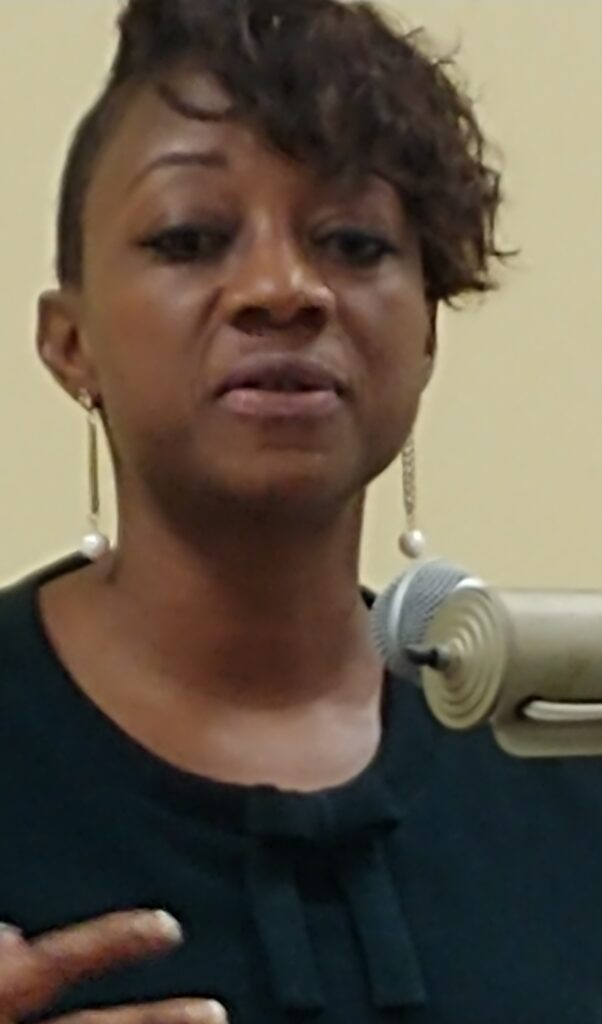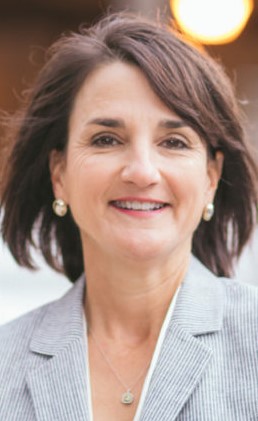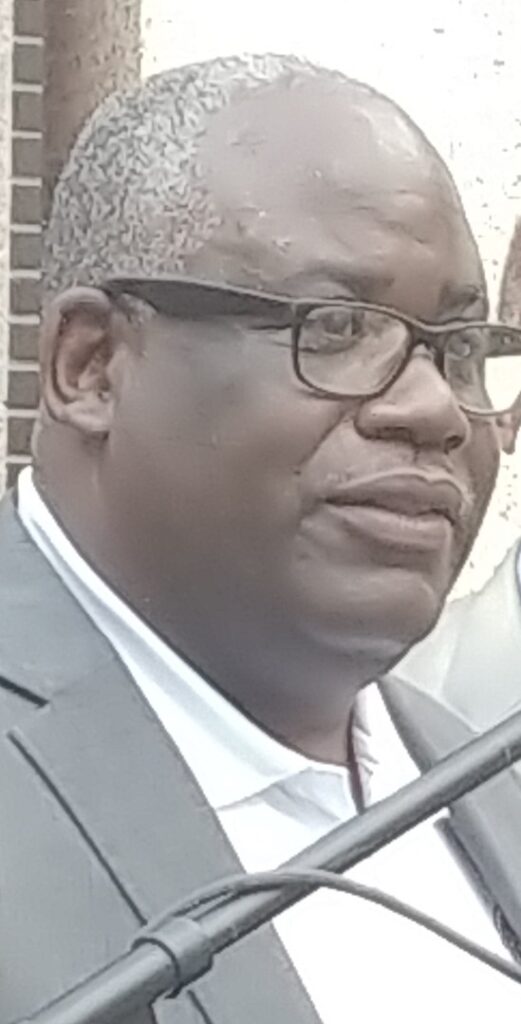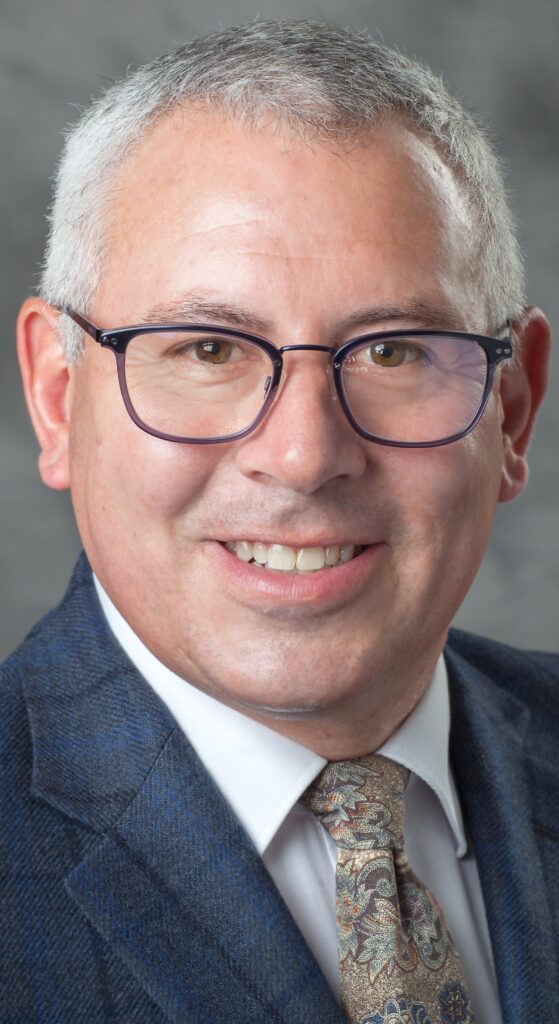
Pandemic puts chambers in lead for helping business recovery


Greater Tallahassee Chamber of Commerce


By St. Clair Murraine
Outlook staff writer
Big retailers have been seeing dips in demand for their services since the coronavirus outbreak last spring. Some of their smaller or mid-size counterparts have shuttered as they yield to the pandemic.
Several of the businesses that went dark were hurting most during shelter-in-place orders. Stores such as groceries and pharmacies were considered essential and allowed to stay open.
Many mom-and-pop businesses that are plentiful in Tallahassee are still struggling to keep their doors open more than nine months into the pandemic.
Many have turned to one of three chamber of commerce in the city for assistance. All three groups have helped qualifying business owners to apply for funding from the Paycheck Protection Program in the CARES Act earlier as the pandemic raged.
The business resources pool in the city is with the Greater Tallahassee Chamber of Commerce, the Capital City Chamber of Commerce and the Big Bend Minority Chamber of Commerce.
The bigger challenge is still ahead as the chambers are the main source of information for their members. Unfortunately surveys have found that many businesses nationwide won’t be able to rebound completely even with the chambers’ involvement.
“I don’t think the way of doing business in the past is necessarily going to be the way we do it now,” said Keith Ferguson, Teaching Faculty and Entrepreneur-in-Residence at the FSU College of Business. “Chambers can come in and add more value to these small businesses by using their expertise to help jump start this recovery.”
Ferguson is author of the book “Contemporary Product Development, a Focus on Innovation.” He also holds a doctorate degree in business administration.
While businesses will be looking more to chambers for ideas in the pandemic, there are plenty of things that proprietors can do to catapult their recover after the crisis passes, Ferguson said. Businesses simply have to reinvent themselves and part of that is contactless shopping in retail stores and restaurants.
Essentially there is a consensus among business leaders that chambers will have to set the tone to help those that are struggling get their courage back after being traumatized by the virus. Echoing one of Ferguson’s beliefs that businesses have to support each other, Sue Dick, president/CEO of the Greater Tallahassee Chamber of Commerce, said her group has a vital role to shape what happens in the coming months.
“As an organization our role is to put together programming or to be the cheerleader or to be the largest advocate to keep the economy moving because everybody benefits from that,” she said.
Another key role for the chambers is to “identify where the challenges are, connecting individuals and then trying to move them forward,” Dick said.
Dick hypothetically likened business recovery when the pandemic subsides to a driver taking an on-ramp to a highway and figuring out which lane to take.
Antonio Jefferson, president of the Big Bend Minority Chamber of Commerce, agreed. However, he said timing is an important element to consider before offering assistance.
“At what point do you weigh-in with all of your resources from all of the partnerships that you have,” said Jefferson. “But as chambers, what we are going to need to do while we’re the epicenters of the recovery is really bring businesses together so that together they could be stronger.”
That is one of the one point that Ferguson suggested, in addition to nine other key areas that chambers should focus on, most of which local leaders say are already being practiced. Among the must-do that Ferguson suggested are community engagement as well as calling on resources available at FSU, FAMU and TCC.
Those are among the points that Katrina Tuggerson, President of the Capital City Chamber of Commerce, highlighted in a response to the Outlook. She also noted the following:
“Advisory services will continue to ramp up over the next few weeks to help small businesses navigate a range of challenges, including technology, real estate, legal and accounting services, procurement opportunities, marketing, and sources of loans and grants. There will also be assistance for navigating the complex new regulatory environment established to contain the pandemic.”
One profound impact that the pandemic has on chambers is to demonstrate that membership will demand more than the norm, Ferguson said.
“If there is any benefit that comes out of COVID it’s kind of re-evaluating what chambers can do,” he said.
Additionally, business owners have to become more engaged with their clientele and offer more than the service that they provide, Ferguson said.
“A lot of small businesses have an idea in their heads that we are going to offer these products and if they like it, they like it; great,” he said. “Kind of if you build it they will come. That’s not how business works. There are just too many different companies with the internet that are available to get products.
“Really focusing back on the needs and wants of customers is very basic, but people do not buy what they don’t need so you need to talk to the customers and see what they need and want because their needs change a lot.”
The pandemic also shed light on the large number of small businesses that don’t have relationships with banks. Changing that will be one of the challenges for chambers, Jefferson said.
“It’s just going to be a difficult road because we’ve never been here before, but the reality of this is we know when it gets back to booming we are still going to have to deal with the national deficit,” he said. “That’s somewhat the downer if we ever get to the point that we are on an upward trajectory at some point that deficit is going to be an issue.”







